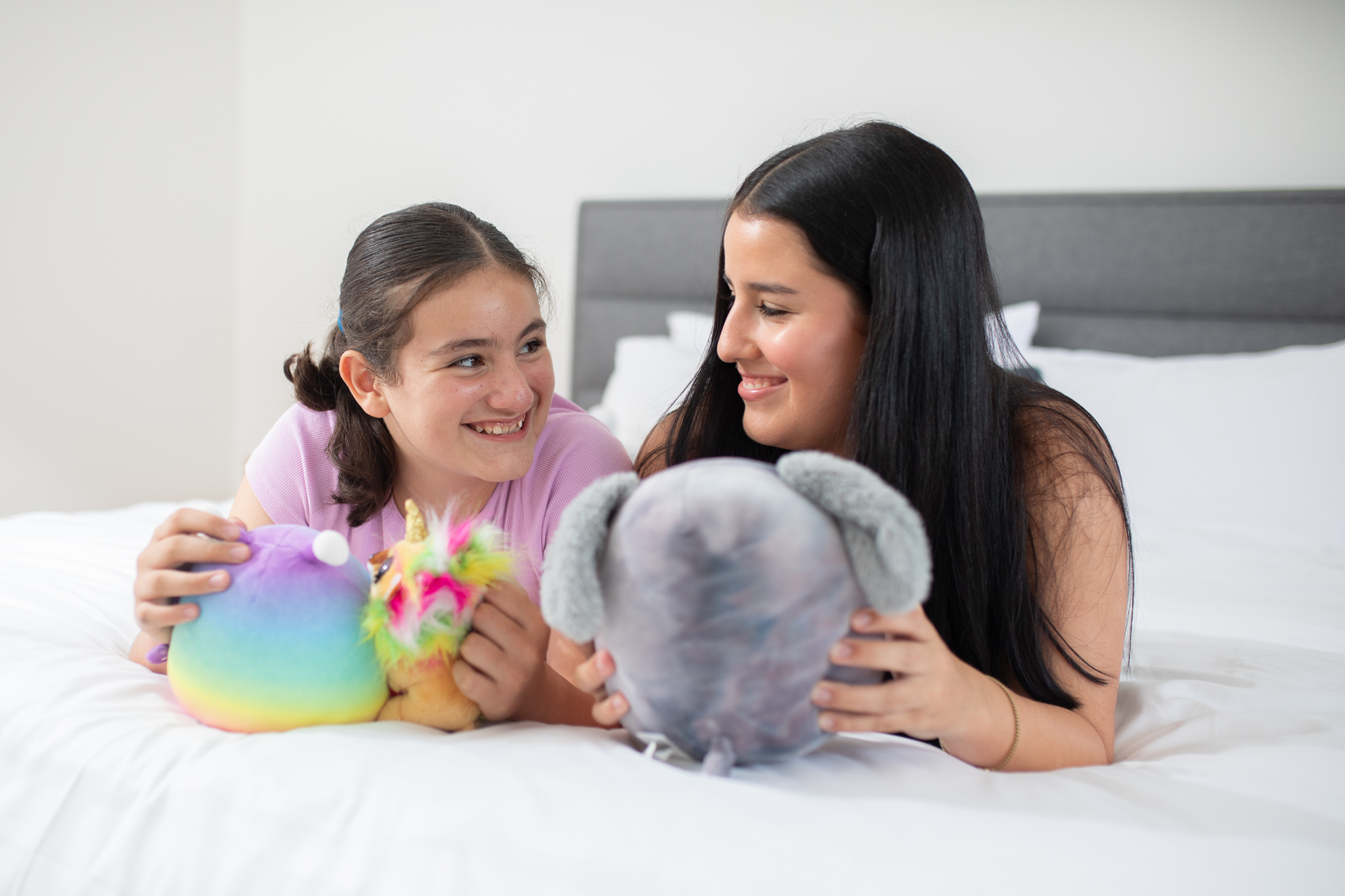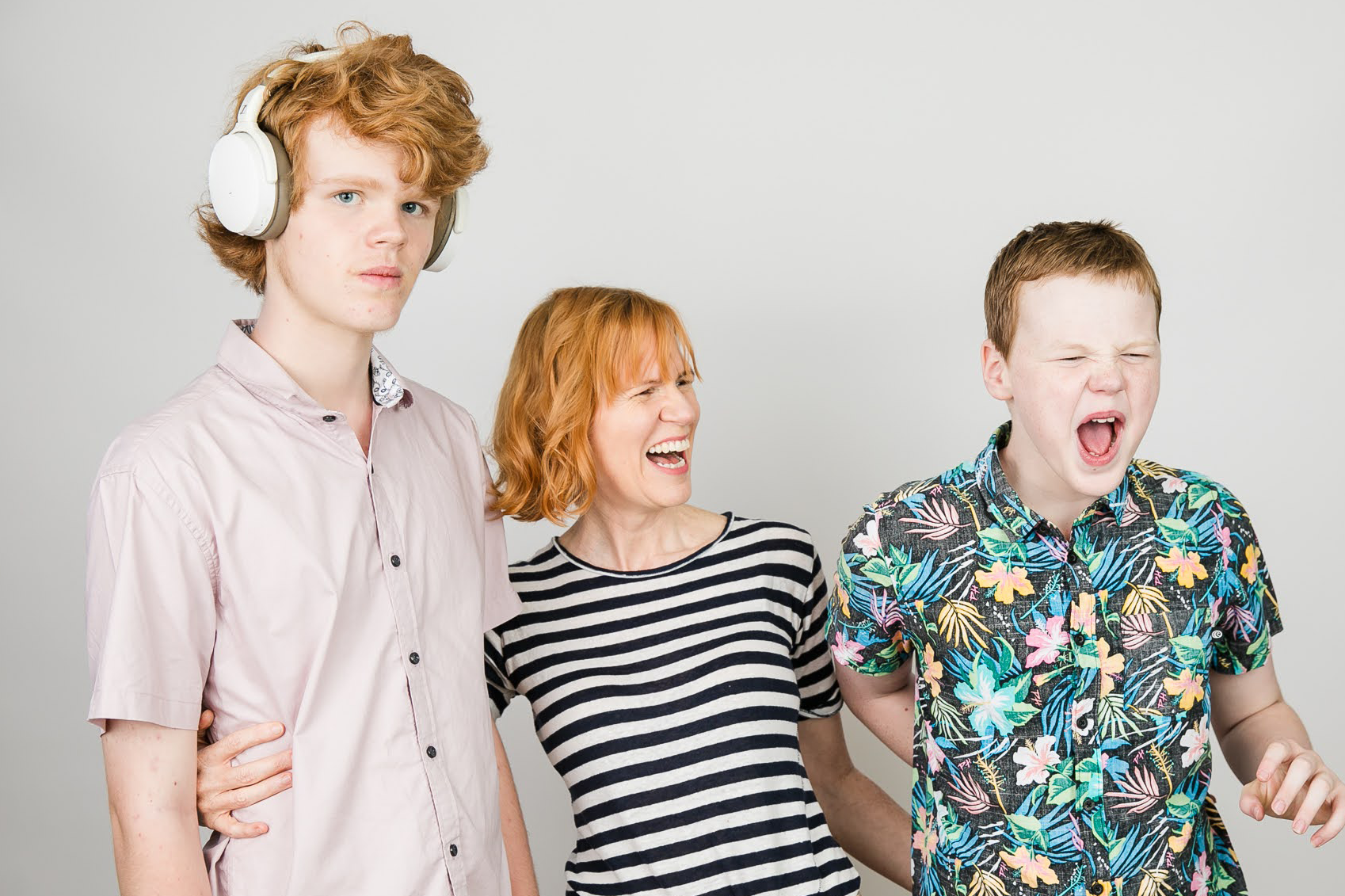Five tips for young people dealing with anxiety

If you’re reading this and you’re young and autistic, I’d like to offer you some advice – and it’s written specially for you.
There are so many advice articles out there for parents, but honestly I prefer writing for young people themselves.
I’m autistic myself, and I have a bunch of anxiety issues too. But I managed to become a primary school teacher anyway, and now I’m a writer and public speaker on autism issues. In this article, I’d like to offer you some advice from my own experience.
So without wasting any more of your time, let’s get to it.
1. A little anxiety is actually helpful!
Even as an adult, I made the mistake of wanting to destroy all of my anxiety in all its forms. I don’t blame myself either – we all know anxiety can be extremely difficult to live with.
But I later came to realise something important: there is a useful place for anxiety just like every other human emotion. Because let’s face it, a person who gets anxious when a lion runs towards them will live longer than someone who doesn’t get anxious when a lion runs towards them!
What I’m saying is this: you don’t need to destroy your anxiety altogether. It wouldn’t even be helpful. All you need to do is reach a position where you control it, and it does not control you.
2. Know what your anxiety triggers are, and avoid them.
Your anxiety triggers could be physical things or psychological. Let’s take a physical example to start with: if loud noises are something that make you feel anxious, visit places during their quietest hours. (Don’t make the mistake of never visiting nice places at all – you don’t deserve to lose out just because of anxiety. Just research which times would suit you best.)
For me, my main triggers have always been psychological. Thinking about topics that suck me in, and have me thinking in circles. It’s an important skill to catch yourself starting to think about these topics. When I notice it, I try to stop it there and then. It’s easier to sort it out before you fall into the anxiety trap, rather than after.
3. Find distractions!
Throughout my childhood, adults always complained at me for being easily distracted. (And to be fair, they were right.) Now as an adult, I’ve managed to turn that habit into a skill: whenever something’s bothering me, and I know it’s going to end up going round and round in my brain, I find something to distract me. Reading a book. Doing some art. Having a game of four-player chess online (yes, it really exists).
This doesn’t mean avoiding your fears forever, of course. It just means keeping anxiety away from your brain at crucial moments. Distractions are great short-term solutions, but if you want a long-term solution, here’s my next point…
4. Face your fears. Seriously.
There was a time when I was afraid of skydiving.
Then I went skydiving.
Now I’m not afraid of skydiving anymore.
Life experience tells me that the best way of overcoming your anxieties is by facing them head-on. It’s not what people like to hear, because people want it to be easier than that.
It may not be easy to begin with. But it becomes easy. I used to be utterly terrified of public speaking, and now I do it for a living. I managed to do it because, some years ago, I faced my fear of public speaking for the first time. A little while later, I faced it for the second time. Then I faced it for the third time. And each time, it became easier and easier. I’m still about 1% afraid these days, because like I said, anxiety is impossible to kill altogether and I wouldn’t want to kill it anyway. But I’ll take 1% fear over 100% fear any day.
Oh, and I get to be extremely proud of myself too. I flew across the world to talk at Sydney Opera House this year, and there’s no way on Earth I could have seen that coming at sixteen.
Seriously, the feeling when you conquer your fears is AMAZING when you do it. And on top of that, you get to be less anxious in your day-to-day life too.
.png)
Was I anxious about talking at the Opera House? Absolutely, but I did it anyway. It was awesome, and now I can spend the rest of my life looking back at something I did that made me proud.
5) Finally, learn to love yourself.
A few years ago I went on a training course for helping young people with mental health issues. One of the main points I was taught was “self-esteem is the Holy Grail is mental health”. Basically, if you have a positive opinion of yourself, you’re more likely to have good mental health too.
Five years ago, I had massive anxiety issues and my life was not going in the direction I wanted it to. I was in a job where my strengths weren’t being recognised, and I saw myself as a failure in everything.
These days, I know I’m not a failure. I never have been. I’ve just spent some years in places where I couldn’t play to my strengths. Now I play to my strengths all the time, and I know what I’m good at.
You can either go through life defining yourself by your strengths, or defining yourself by your weaknesses. Guess which one helps most with your mental health.
Like I said, I still have a few anxiety issues remaining. But like I said, I’ve now reached the point where I control them, not the other way round. And that’s priceless.
And that’s it from me! If anyone reading this wants more advice, you’re welcome to find me on my website Autistic Not Weird. I’m also on Facebook, Instagram (@autisticnotweird), Twitter, and my YouTube channel is full of short advice videos for autistic people.
All the best to everyone reading this. I hope it’s helped.
Chris Bonnello,
Further reading about anxiety on my website. Support me via Patreon here.






